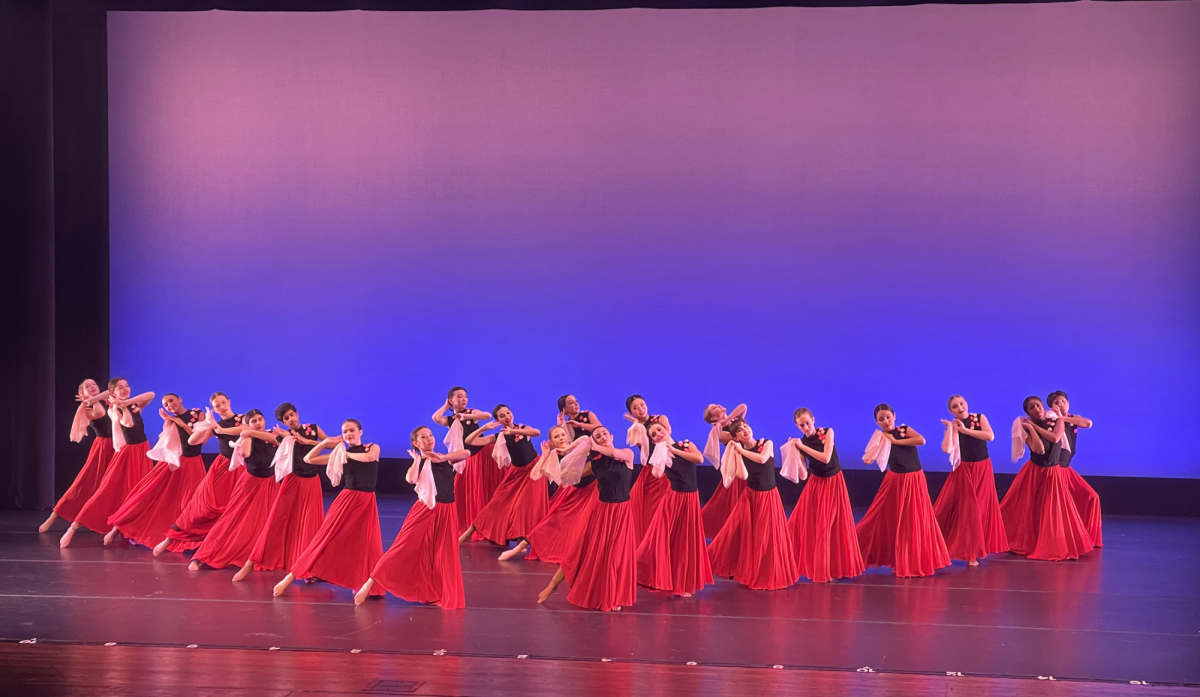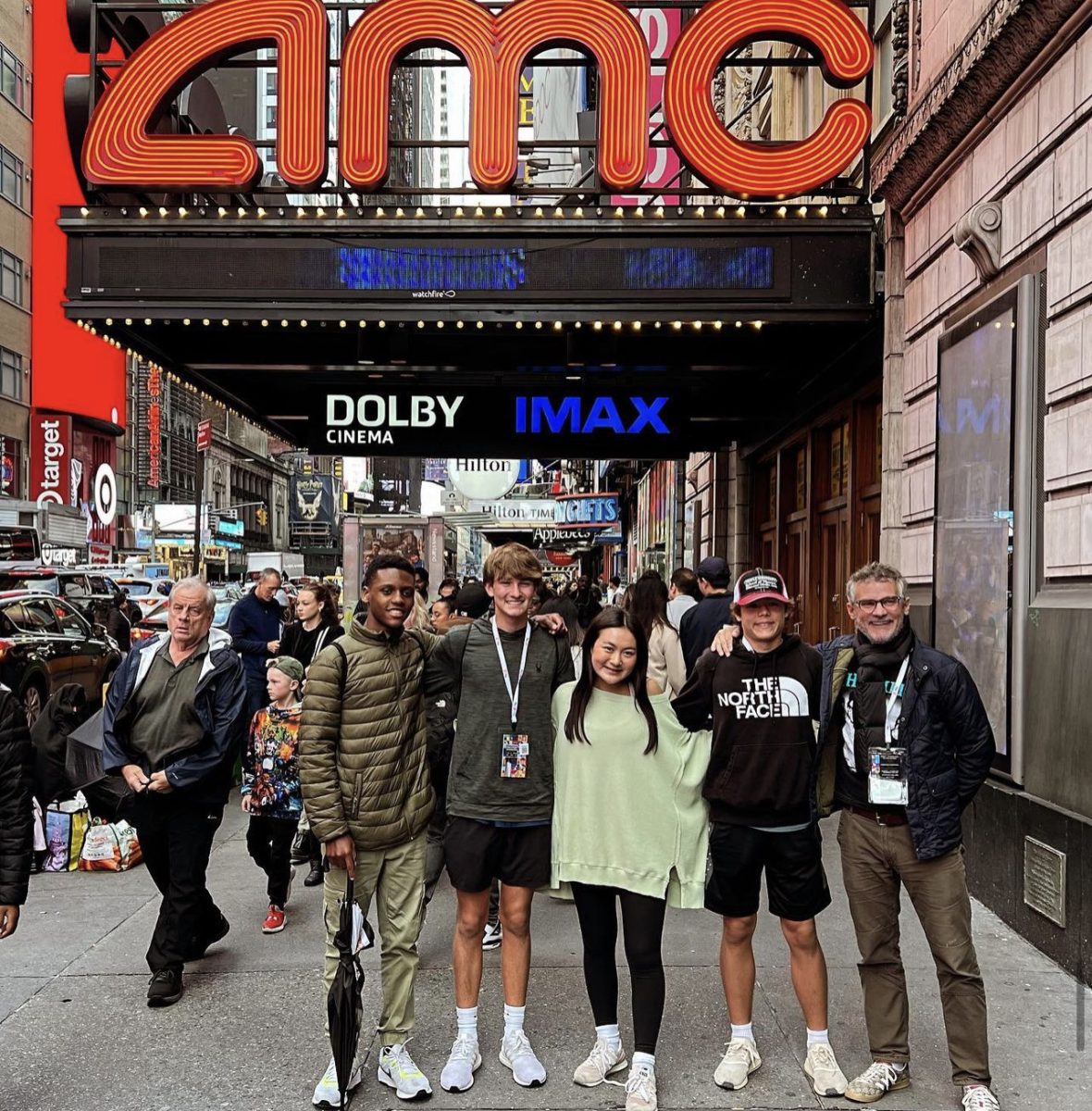[dropcap]L[/dropcap]ately there has been a lot of controversy about being sensitive to others, specifically when it comes to language: cleaning up or even avoiding language that has the potential to offend anyone when it comes to race, gender, or ethnicity.
This is known as “political correctness.”
To be politically correct means that someone agrees that we shouldn’t offend people about their race or sex, and I wholeheartedly agree with that. No one should ever have to be ashamed of who they are but lately, I’ve noticed that we’ve become almost “hyper-politically correct.”
What do I mean by “hyper-politically correct”? I’m saying that society has changed the meaning from creating an equal society to pretty much trying to ignore the fact that we are all different. We all come from different genes; that’s how science works. There is no exact copy of you anywhere else, which is pretty awesome. With our society being politically correct and all, we aren’t appreciating the fact that we’re all different; we’re creating this idea to make everyone the same so no one gets offended, and it is evident especially on college campuses.
An example of this is the “Just Words Campaign” created by the University of Wisconsin at Milwaukee Inclusive Excellence Center. This campaign is trying to raise awareness about words people find offensive. I find a lot of the words on the list reasonable as to why they are offensive. We shouldn’t be cavalierly using the n-word or Nazi, but this operation has taken things a step too far.
This list also says that the term “lame” is a microaggression because it “reduces the experiences of individuals living with physical disabilities to a punchline” and that it “ridicules and ignores the lives of amputees.” You can’t call a country a “third world country” because it “reinforces hierarchical attitudes toward nations around the world” and it “establishes Westernized countries and cultures as the ‘standard’ upon which to measure national well-being or economic status.” You can’t say that something is “crazy”; you can’t say “trash.”
Perhaps I forgot to mention the most important word that’s on this list that has sparked so much controversy. The term “politically correct” is now politically incorrect… What?!
They say that “over time [it] has become a way to deflect that people are being too ‘sensitive’ and police language.” They’re creating a counter argument to their campaign on THEIR OWN POSTER. Their mission is to have their students stop saying offensive words to make them politically correct, but how is it possible to create politically correct students when the term itself is politically incorrect?
Earlier this year, Yale University also had a controversy involving Halloween costumes. The Intercultural Affairs committee of the Ivy League school sent an email telling students not to wear any culturally insensitive costumes during Halloween. In reply, Erika Christakis, an early childhood educator, sent an email to the student body.
“What is the statute of limitations on dreaming of dressing as Tiana the Frog Princess if you aren’t a black girl from New Orleans? Is it okay if you are eight, but not 18?” she wrote. “American universities were once a safe space not only for maturation but also for a certain regressive, or even transgressive, experience; increasingly, it seems, they have become places of censure and prohibition.”
This email enraged many students on campus. Her husband even tried to engage with the students to listen to their views and discuss the situation; however, it ended in yelling, screaming, and a viral Youtube video.
On film, one student yelled at the professor that he should “step down” from his position because “that email” contradicts his “position as [professor].” She finishes by saying, “It is not about creating an intellectual space! It is not! Do you understand that? It’s about creating a home here.”
The first thing I noticed when watching the video was that the girl never let him give his point of view or respond to what she was saying; whenever he tried to comment, she raised her voice to talk over him and not hear him out.
Second, college is about creating a community of intellect and creating an environment where students can reside while acquiring knowledge. Not reinforcing the beliefs students bring with them from high school, but by challenging them with the perspectives of others.
This fall, the University of Missouri has seen sustained and large group student protests against instances of racism on the campus, but it has also become an issue of freedom of expression.
On Nov. 9, Tim Tai, a student photographer, just wanted to document the reaction of students when the Mizzou president resigned, but a crowd began harassing him, saying he was “an unethical reporter” and that he isn’t “giving the students space they need.” He kept his cool throughout the interaction.
“The first amendment protects your right to be here and mine,” he responded calmly. The first amendment guarantees the freedom of speech (and press). Like everyone else there in public, he had the right to be there.
College campuses have changed significantly over the past few years because people have spent too much time trying to not offend others. Universities were created to expand a student’s horizons, challenge his or her intellect, introduce different opinions on subjects. If exposure to ideas we disagree with or find objectionable is enough to get educators fired or forced into positions where they resign, how will we learn? And how can we achieve greatness if political correctness challenges the ideas that a university is based on?







